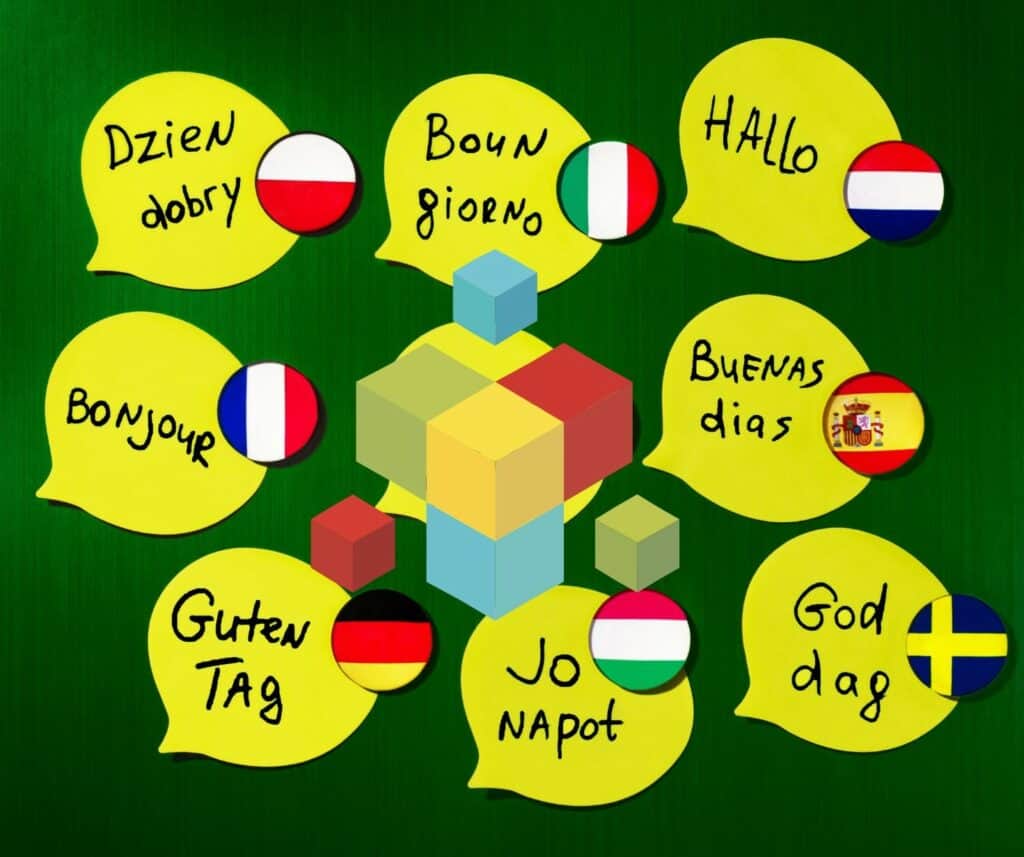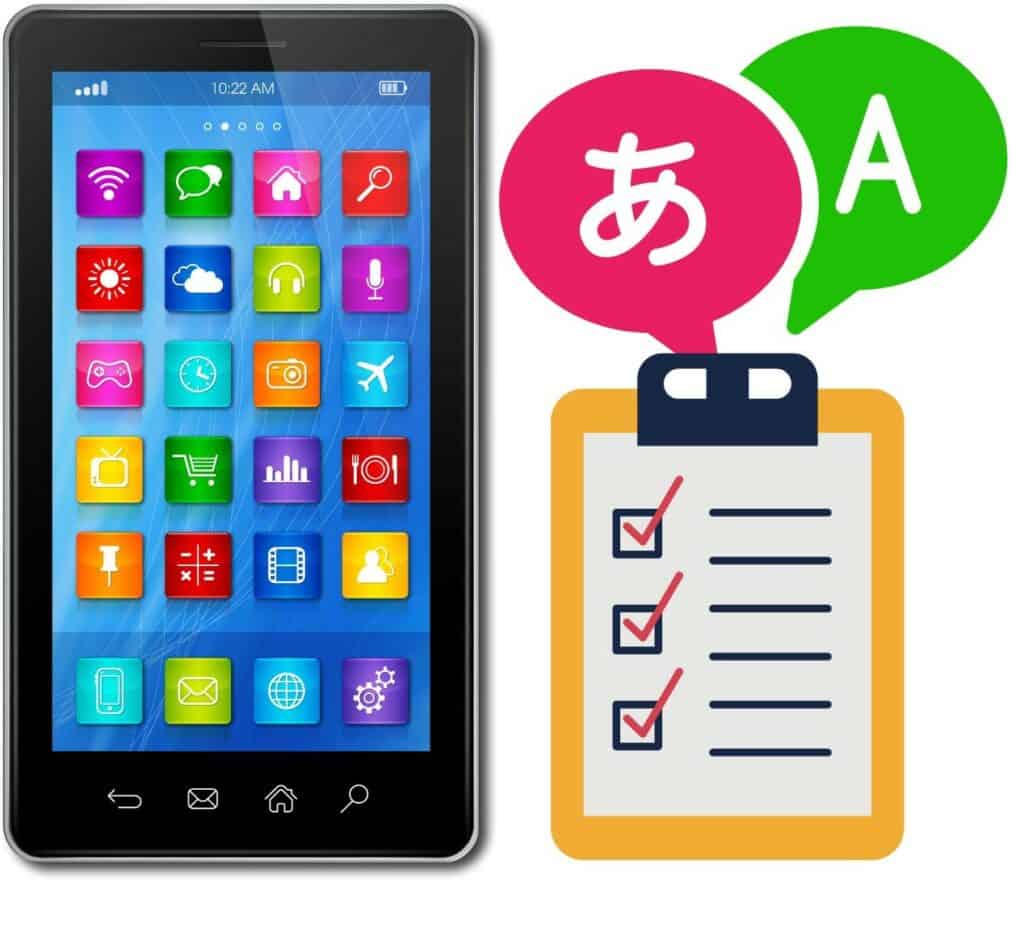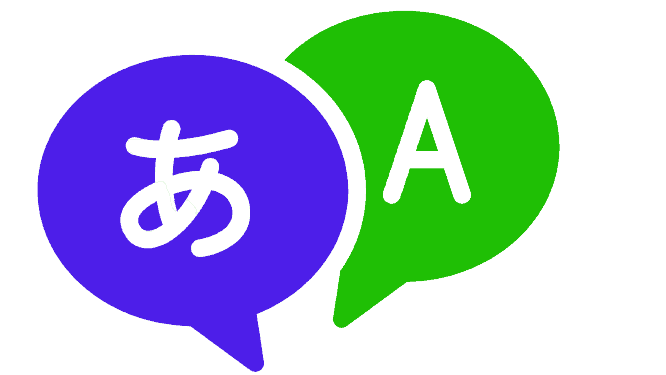Discover the different language learning apps
Want to learn a new language but not sure which app is good for you? We have got you covered.

Benefits of Language Learning Apps
Convenience & Flexibility
They make it simple to pick up a language at any time and anyplace. The applications let you learn whenever it’s convenient for you and at your own speed. When commuting, standing in line, or in your leisure time, you can learn a language.
Personalization
A tailored learning experience is what language learning applications aim to provide. To assist students in determining their strengths and shortcomings, they provide exams and individualized learning strategies. This individualized approach enables students to concentrate on their areas for growth.
Gamification
Gamification strategies keep students interested and motivated. These apps provide badges, points, and awards to keep users engaged in their language learning endeavors. It makes studying a language less boring and more enjoyable.
Interactive Learning
They employ multimedia information such as videos, audios, and graphics to aid language understanding. Speaking, listening, reading, and writing abilities are improved via interactive learning.
Community
Several language learning applications offer a community of users that exchange resources, advice, and experiences. This network supports students in maintaining their interest and motivation in their language-learning endeavors. The group offers a platform for language learners to interact with other students from across the world and practice their language abilities.
Affordable
Apps for learning foreign languages are generally less expensive than regular language classes. They provide an affordable method of learning a new language. Several applications provide free trials or unlocked versions of their programs, allowing users to test them out before buying.

Hi, I am Bill.
I test multiple language learning platforms & write about them in this blog. With an experience of over 3 decades as a French teacher, I can suggest you the best learning resources.
Do language learning apps work?
They can really be a useful tool for learning a new language. They offer students a flexible and convenient option to study at their own speed and according to their own schedule. Applications for learning new languages might be very helpful for students who have demanding schedules or like to study independently.


Which is the best language learning app?
You should consider these factors before choosing a platform:
- Language proficiency level
- Learning goals
- Learning style and preferences
- App features and functions
- Reviews and ratings
- Pricing and payment model (Free trials)
- App accessibility and compatibility
- Support and customer service
Latest from us
LingQ vs FluentU: Which Language Learning App is Right for You?
Ready to unlock the world through language? LingQ and FluentU are two language learning giants, but which route is better for your journey? Explore the ultimate LingQ vs. FluentU combat as we compare their special features and help you in achieving fluency. It’s time to choose a language app and start a linguistic journey that will…
LingQ vs Memrise: An In-Depth Comparison for Language Enthusiasts
LingQ vs Memrise: Embarking on a journey to learn a new language? 🗣️ Meet LingQ and Memrise, the keys to linguistic excellence! 🚀 As we explore each platform’s distinctive capabilities, learn the subtle differences between them to help you make a selection that will enable you to have the conversations of your dreams. Are you…
Mondly vs Babbel: A Comprehensive Comparison for Language Learners
Mondly vs Babbel: Are you prepared to go off on a linguistic journey? It might be challenging to🌍choose the ideal language-learning applications, but do not worry! Babbel and Mondly step into the ring, each with its own unique flair. 🥊 In this article, we’ll compare their features, teaching styles, and user experiences. Which one, then,…
FAQs
These are some general guidelines for utilizing an app to learn languages:
Choose the best app: Choose a language app that suits your interests and needs for language study, then do some research on it.
Establish objectives: Set a deadline for completing your language learning objectives, such as enhancing your vocabulary, grammar, or speaking abilities.
Make a study schedule: Plan your study time according to your schedule and learning preferences. Set aside certain time each day or week to study a foreign language.
Learn to read: Start learning the language by utilizing the app’s features and capabilities. Participate in interactive learning activities within the app, finish courses, and practice tasks.
Follow your progress: Keep a close watch on your development and make necessary adjustments to your study schedule and objectives. Utilize the assessment and monitoring features in the app to keep an eye on your progress.
Routine practice: The secret to learning a language is consistency. Regular practice is important, even if it just takes a few minutes every day.
Boost your education: To enhance your study and hone your language abilities, use other resources like books, podcasts, or language exchange services.
When assistance is required, don’t be afraid to contact the app’s customer care team or online communities.
Absolutely, many language applications provide free versions or trials. While free versions may offer fewer features or content than paid ones, they can still be beneficial for students who want to check out the app before purchasing it or who are on a low budget. Duolingo, Memrise, Babbel, and Busuu are some prominent free language learning applications.
Pros:
Convenience and flexibility.
Personalization of learning experience.
Gamification to keep learners motivated.
Interactive learning with multimedia content.
Affordable compared to traditional language classes.
Community support for learners.
Cons:
Lack of real-life interaction and immersion.
May not be challenging enough for advanced learners.
Quality of apps may vary.
Limited feedback from native speakers.
Dependence on technology and internet access.
Possible distraction from other features or notifications on the app.
In general, learning a new language might take anything from a few months to several years. But, after a few weeks or months of persistent and committed practice, students might begin to show results. It is critical to remember that language learning is an ongoing process that needs continuous practice and effort to keep improving language abilities.
As per Statista, the market size of language learning apps & websites has surged to 19.5B USD in 2023.
